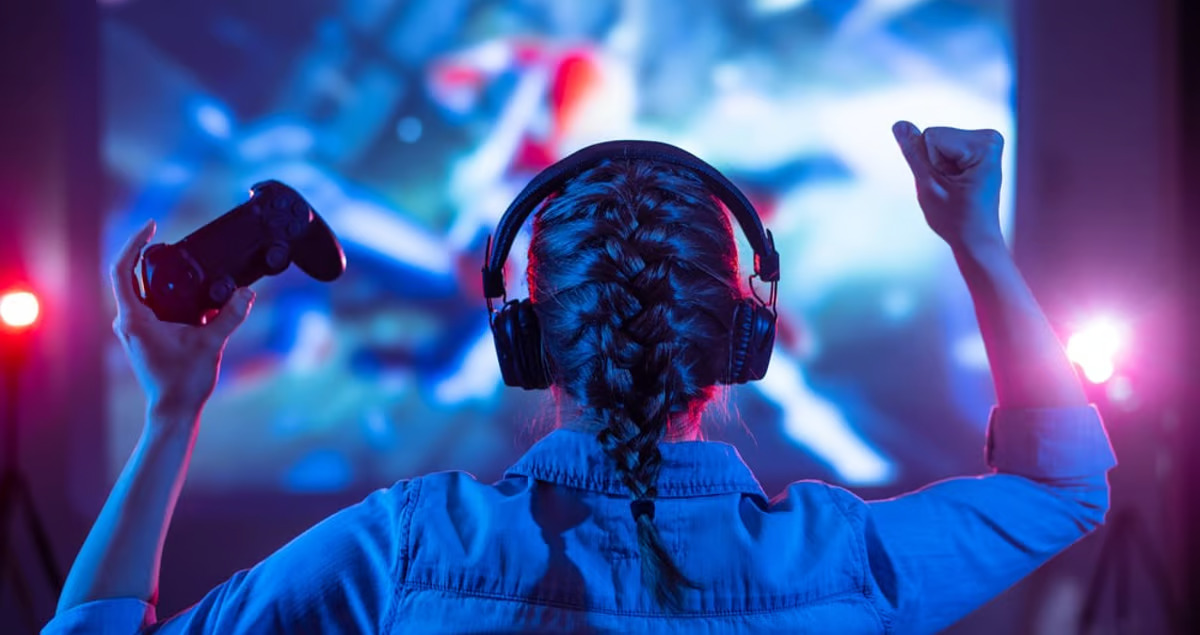In 2024, brands have grown more comfortable in the gaming space, leading to longer and deeper sponsorships with creators. These partnerships are inherently integrated with creators’ content and communities, moving beyond one-off activations to more fully integrated programs.
This shift reflects brands’ recognition of the spending power of “cultural gamers” who engage with gaming through social media and digital content rather than playing games themselves.
Brands are increasingly reaching gamers outside of video games by extending the duration of their partnerships with creators. Instead of short-term campaigns with specific deliverables, brands are opting for open-ended campaigns lasting several months.
This allows creators the freedom to introduce brands to their audiences in a more natural and effective manner. Such long-term partnerships benefit both the creators and the brands by fostering a more authentic integration into the creators’ communities.

A notable example of this integrated sponsorship approach is Cody “Clix” Conrod, a YouTuber and professional Fortnite player. His partnership with apparel brand Hugo included not just social media promotions but also a sponsored trip to Berlin and a VIP fan event.
Conrod emphasizes the importance of brands committing long-term to add value to his community, reflecting a broader trend among influencers who prefer more flexible and meaningful collaborations with brands.
This sentiment is echoed by many creators, including those at Conrod’s esports organization, XSET. XSET CEO Greg Selkoe highlights the importance of allowing creators to be themselves and activate sponsorships authentically.
Brands are beginning to understand that rigid guidelines and prescriptive instructions can lead to inauthentic marketing efforts that fall flat with audiences. As a result, XSET prioritizes collaborations where creators genuinely like the brand or product.
As brands continue to deepen their presence within gaming platforms like Fortnite and Roblox, they rely on creators to promote these experiences and drive traffic. Long-term collaborations allow for ongoing feedback and improvements, making branded experiences more engaging and effective.
This approach is not a sudden strategic pivot but a natural evolution as brands work more closely with creators to reach gamers authentically. The unique relationship between creators and their audiences is key to successful marketing in the gaming space, as highlighted by Damon Lau of United Talent Agency.
